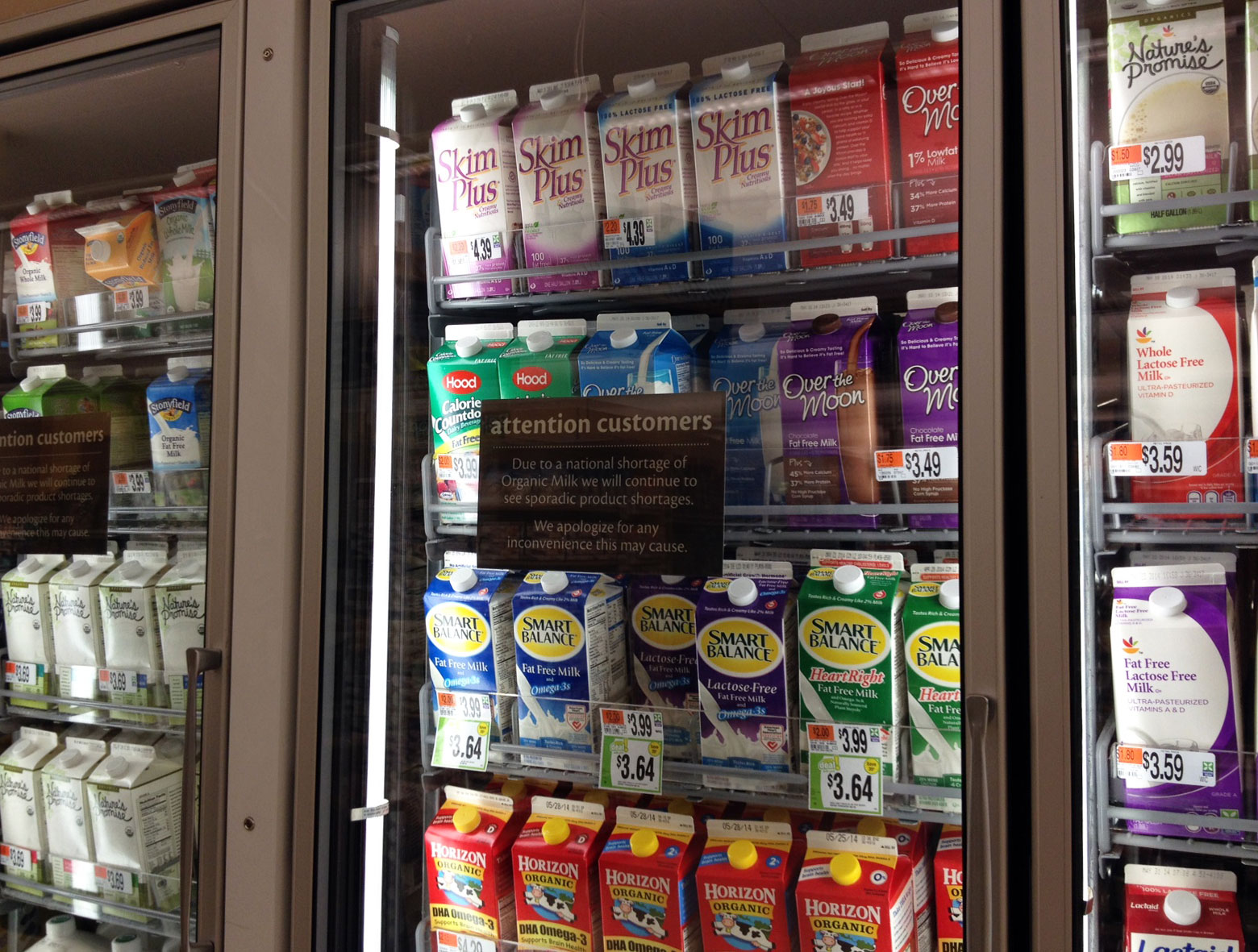WASHINGTON — It’s a question many people ask themselves while shopping for produce at grocery stores: should I buy organic?
Experts at Consumer Reports say that buying organic is the best choice because it is better for your health, the environment and those who grow the food. Also, there is a diminished risk for pesticides exposure.
Earlier this month, Consumer Reports scientists and a Washington State University researcher analyzed data from the Department of Agriculture’s Pesticide Data Program to determine the risk of pesticide exposure from eating fruits and vegetables from 14 different countries.
The researchers found that peaches and green beans are some of the most high-risk produce when it comes to pesticides exposure.
“It’s not realistic to expect we wouldn’t have any pesticides in our bodies in this day and age, but that would be the ideal,” says Michael Crupain, director of Consumer Reports’ Food Safety and Sustainability Center, said in a news release. “We just don’t know enough about the health effects.”
Studies have linked long-term pesticide exposure to increased risk of Alzheimer’s and Parkinson’s disease, prostate, ovarian and other cancers, as well as depression and respiratory problems, Consumer Reports says.
The analysis is based on the risk to a 3 1/2-year-old child because kids are especially vulnerable to the dietary risk from pesticides. The risk to adults would be lower, Consumer Reports says.
Fruits
Peaches and tangerines are the two most high-risk fruits, according to the Consumer Reports data. Researchers recommend always buying them organic and to be particularly cautious of peaches from Chile and the U.S., as well as tangerines from Chile, South Africa and the U.S.
Plums are high risk if they are from Chile, but scientists give the green light to buy conventional if the plum is from the U.S.
Researchers says shoppers should always buy organic for peaches, tangerines, nectarines, strawberries and cranberries.
Fruits such as watermelon, blueberries, grapes, raspberries, bananas, papayas and pineapples are considered low-risk fruits when it comes to pesticides exposure.
Vegetables
Green beans, sweet bell peppers and hot peppers are all veggies that Consumer Reports says shoppers should always buy organic. Buying the vegetables grown in Mexico, U.S. and Guatemala can be especially risky.
Vegetables such as winter squash and cucumbers are OK if from certain countries. For example, shoppers should buy organic if the winter squash is from the U.S., but it’s fine to buy conventional if it’s from Guatemala, Honduras or Mexico. Cucumbers from Mexico and the U.S. should be purchased organic, but if it is from Canada, it’s OK to buy conventional, the research says.
Researchers say shoppers should buy organic for green beans, sweet bell peppers, hot peppers, sweet potatoes and carrots.
Vegetable that Consumer Reports identified as low-risk for pesticides exposure include cauliflower, cilantro, green onions, broccoli, mushrooms, cabbage, corn, avocado and onion.
No matter what produce you buy, it is always a good idea to wash it before eating, Consumer Reports says.
Watch a Consumer Reports video about the research:
Consumer Reports has a risk guide for conventional produce and more in its May issue.







